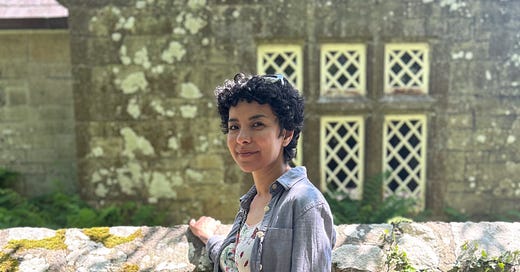“Mih blood doh take it.” This is a Trini phrase that resonated with me from early on in life, meaning something doesn’t sit right but I don’t quite know why. More often than not, the reason has eventually revealed itself. As a child, I reacted strongly to things that didn’t seem right. This was a problem.
I learned, probably at the same time, that it was dangerous to disagree. Even over minor points. But I had a lot of thoughts on and feelings about things. I had a lot of questions.
I learned that this made me difficult. Whether in church, school or with people I loved, the danger was rejection.
I learned to tuck things away and when the discomfort I felt couldn’t be ignored, I struggled to identify it for what it was - anger - instead calling it sadness, though that was there too.
This is a familiar story for people socialised as female. Even when we’re told to speak up, our quiet compliance is what’s rewarded.
We’re expected to care more about the other person’s experience in a conflict than our own. When we do need to disagree with something or even say something we know is likely to court disagreement, we’re more harshly judged.
Recently, I’ve been thinking about how much I’ve benefited from women and others being brave and generous with sharing their perspectives, knowing that they might not be kindly received.
Keep reading with a 7-day free trial
Subscribe to Adele Jarrett-Kerr to keep reading this post and get 7 days of free access to the full post archives.




